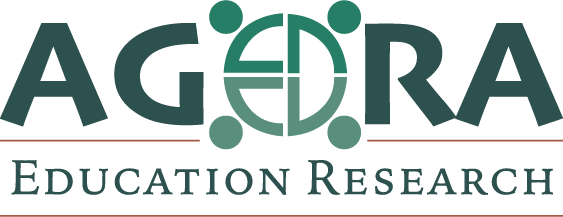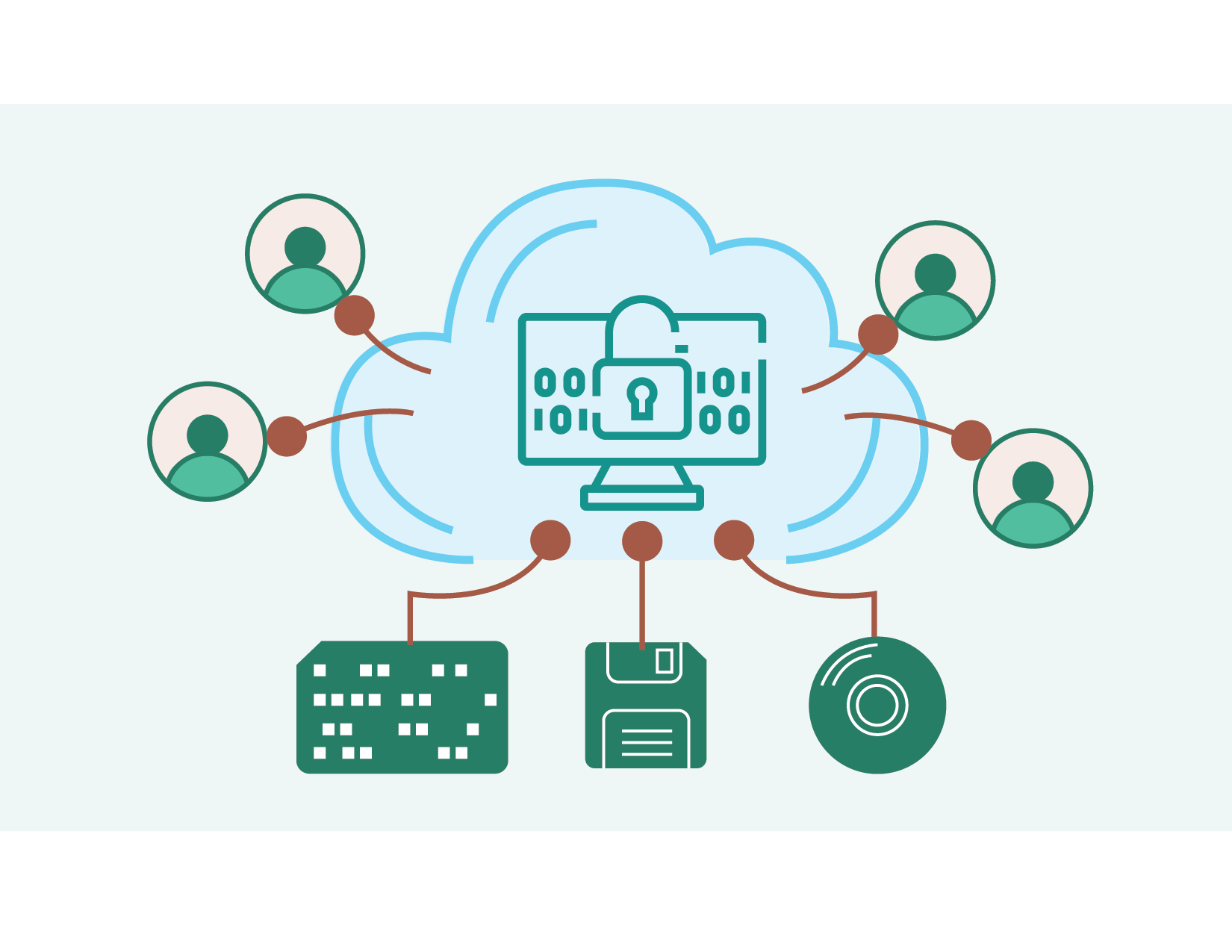Part Two: “From Dial-Up to Data Democracy: How NCES Went Digital (And What Happens Next)”

In last week’s post, we traced NCES’s evolution from paper forms and punch cards through the CD-ROM revolution that first democratized access to education data. But as Jerry Malitz discovered during his role as NCES technology outreach director from 1990 to 1998, even CDs were just a steppingstone to something far more transformative: the internet age.
The Internet Revolution: Going Online

The late 1990s brought the most transformative change in NCES history: the transition to online data collection and dissemination. IPEDS became the first survey to implement web-based data collection, with significant contributions from contractors like Muhammad Sakr and Joe Collins. This shift from paper-based to digital collection revolutionized both the speed and accuracy of data gathering.
The true breakthrough came in 2007 with the launch of College Navigator, a comprehensive college search tool that exemplified NCES’s commitment to making data accessible to the public. Jerry’s team, including colleagues Aubrey Brooke (also an Agora Associate and the edevaluator.org webmaster), Brian Taylor, and Will Lynn, delivered this sophisticated platform in record time, dramatically improving upon earlier rudimentary search tools.

“College Navigator represented everything we’d learned about making data user-friendly,” Jerry notes. “It wasn’t just about putting information online—it was about creating tools that helped people actually use that information to make important decisions.”

Perhaps most innovative was the NCES Kids Zone, designed to present complex education statistics in ways that elementary and secondary students could understand and use. The site’s graphing tool alone received millions of page views monthly and became widely adopted by teachers nationwide. This represented NCES at its most ambitious: not just collecting and storing data but actively promoting statistical literacy among the next generation.
The Modern Challenge: Balancing Access and Security
As NCES entered the 2000s, the agency faced increasingly complex challenges around data security and privacy. While public-use data could be freely downloaded and analyzed, restricted-use datasets containing sensitive information required more sophisticated access controls. This led to the development of virtual “cold room” environments where researchers could analyze sensitive data under controlled conditions.
The current system, managed through the Coleridge portal, represents both remarkable technical achievement and significant limitations. While the technology successfully protects participant privacy, the $300 annual per-user fee creates barriers that many researchers—particularly students and faculty at under-resourced institutions—simply cannot overcome.

“The irony is that this taxpayer-funded data becomes less accessible to the taxpayers who funded its collection,” Jerry observes. “We’ve solved the technical challenges but created new economic barriers that limit the data’s impact.”
Agora’s Vision: Building on over 150 Years of Innovation
Today, as former NCES staff members, we at Agora Education Research find ourselves uniquely positioned to continue this legacy of innovation while addressing current limitations. Our proposed America’s Education Data Library represents the next evolution in education data stewardship, building on decades of accumulated expertise while leveraging modern cloud technologies to eliminate access barriers.
Our approach reflects lessons learned from over 150 years of NCES evolution. Like the CD-ROM pioneers of the 1990s, we recognize that true data accessibility requires more than just storage—it demands user-friendly interfaces, comprehensive documentation, and expert support. Like the creators of College Navigator and NCES Kids Zone, we understand that different audiences require different approaches to the same underlying data.
Most importantly, we’ve learned from the current system’s limitations. By using cloud-based infrastructure, we can provide secure, scalable access without the cost barriers that currently limit research participation. Our team of former NCES staff brings the institutional knowledge necessary to maintain data quality and provide the expert user support that distinguishes professional data stewardship from simple file hosting.
Preserving Expertise for Future Generations
The history of NCES data stewardship isn’t just about technology—it’s about people. Each technological transition required staff members who understood both the old systems and the new possibilities. Jerry Malitz’s career spans punch cards to web portals precisely because institutional knowledge matters. Data systems aren’t just about storage and retrieval; they’re about understanding what the data means, how it was collected, and how it can appropriately be used.

The recent federal workforce reductions have scattered this expertise, threatening to break the institutional knowledge chain that has enabled over 150 years of continuous improvement in education data stewardship. Agora Education Research exists to preserve and deploy this knowledge, ensuring that decades of accumulated wisdom about education data systems continues to benefit researchers, policymakers, and educators.
Our proposal for an “America’s Education Data Library” represents more than a preservation effort—it’s an evolution. We’re taking the best practices developed over 150 years of NCES innovation and adapting them for an era where taxpayer-funded data should be freely accessible to the researchers and educators working to improve student outcomes.
Looking Forward: The Next Chapter in Data Democracy
As we move forward, we carry with us the lessons of over 150 years of continuous innovation in education data stewardship. From paper forms to punch cards, from magnetic tapes to CD-ROMs, from desktop software to web portals, each transition has expanded access to critical information while maintaining the quality and integrity that makes NCES data the gold standard for education research.
The next chapter in this story won’t be written in federal offices, but by organizations like Agora that understand both the technical and human dimensions of data stewardship. We’re committed to ensuring that the remarkable legacy of innovation Jerry Malitz and his colleagues built over decades continues to serve the education research community for generations to come.
The technology will continue to evolve, but the fundamental mission remains unchanged: making America’s education data accessible, useful, and impactful for everyone working to improve educational outcomes. That’s a legacy worth preserving—and worth building upon.
Gerald Malitz joined Agora Education Services as an Associate in 2025, bringing over three decades of experience in education data systems from his tenure at NCES/IES from 1974-2007. Learn more about our team at edevaluator.org/community


Leave a Reply